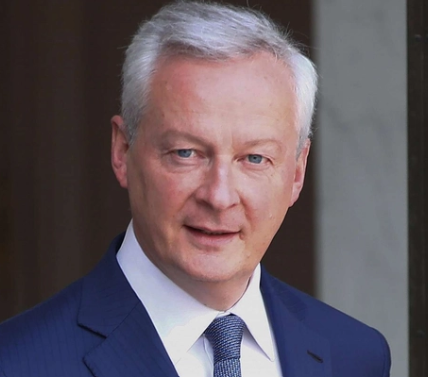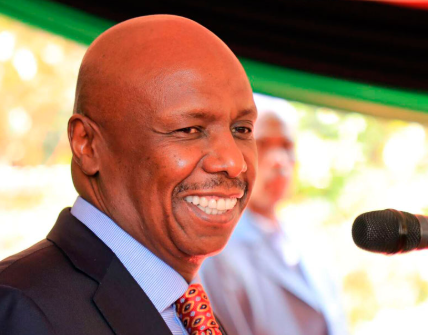Anthony Albanese, born on March 2, 1963, in Sydney, New South Wales, Australia, has emerged as a key figure in Australian politics. Rising from humble beginnings, he became the 31st Prime Minister of Australia in May 2022, leading the first Labor government since 2013.
Early Life and Political Awakening
Raised by a single mother of Irish descent in public housing in Camperdown, Sydney, Albanese’s formative years instilled in him a deep sense of social justice and community advocacy. Despite challenges, he pursued education at the University of Sydney, graduating with a degree in economics.
Political Ascendancy
Anthony Albanese’s political journey began with his involvement in student government and activism. He joined the Australian Labor Party in 1979 and rose through the ranks, serving in various roles within the party. In 1996, he was elected to the federal House of Representatives for Grayndler, a position he held through nine consecutive elections.
Ministerial Tenure and Party Leadership
Albanese’s leadership qualities saw him serve in key ministerial positions under successive Labor governments. Notable roles included Minister for Infrastructure, Transport, Regional Development, and Local Government. In 2019, he assumed leadership of the Labor Party, leading the opposition with a vision for progress and unity.
Prime Ministership and Policy Agenda
Elected Prime Minister in 2022, Albanese pledged to address pressing issues such as climate change, economic recovery, and social equity. Despite challenges, he pursued ambitious policies aimed at reducing carbon emissions, expanding renewable energy, and enhancing social welfare programs.
Personal Resilience and Challenges
Albanese’s personal journey, marked by a pursuit of truth about his familial heritage and a commitment to healthier living following a serious accident, reflects his resilience and determination in public service. His ability to overcome adversity and maintain focus on his goals serves as an inspiration to many.
Legacy and Reflections
While Albanese’s premiership saw achievements such as landmark climate legislation and efforts to reset diplomatic relations, challenges like the rejection of a referendum on Indigenous recognition highlighted ongoing divisions in Australian society. Nevertheless, his commitment to progress and unity remains steadfast as he continues to lead Australia into the future.
Extended Achievements and Impact
Under Albanese’s leadership, Australia witnessed significant strides in environmental policy, healthcare, and social welfare. His government’s commitment to reducing carbon emissions by setting ambitious targets garnered international praise and positioned Australia as a leader in climate action.
Furthermore, Albanese’s emphasis on infrastructure development and regional investment stimulated economic growth and created jobs across the country. Initiatives such as improved transportation networks and expanded broadband access contributed to greater connectivity and prosperity for Australians in both urban and rural areas.
In the realm of social policy, Albanese’s administration implemented measures to address inequality and support vulnerable populations. Increased funding for education, healthcare, and affordable housing initiatives aimed to ensure that all Australians had access to essential services and opportunities for advancement.
Despite facing opposition and criticism, Albanese remained steadfast in his commitment to serving the Australian people and advancing their interests on the global stage. His diplomatic efforts to strengthen ties with international partners and promote Australia’s interests abroad earned him respect and admiration from world leaders and citizens alike.
As Anthony Albanese’s tenure as Prime Minister continues, his legacy as a champion of progress and unity will endure, shaping Australia’s future and inspiring generations to come. Through his leadership and vision, he has left an indelible mark on the nation’s history and remains a symbol of hope and resilience for Australians from all walks of life.





